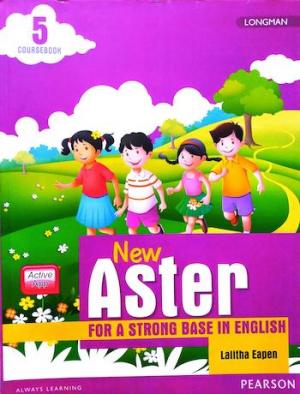The Solitary Reaper
William Wordsworth
William Wordsworth (1770 - 1850) was an English Romantic poet and one of the pioneers of the Romantic Age in English Literature. Wordsworth's poetry is the poetry of nature and the poetry of the common man, written in 'the language really used by men'. This made the people see everyday things and nature in a new light. His most important work is The Prelude. Wordsworth was Britain's Poet Laureate from 1843 till his death in 1850. His other major work is The Lyrical Ballads, a collection of poems.
Behold her, single in the field,
Yon solitary Highland lass!
Reaping and singing by herself;
Stop here, or gently pass!
Alone she cuts and binds the grain,
And sings a melancholy strain;
O listen! for the vale profound
Is overflowing with the sound.
No nightingale did ever chaunt
More welcome notes to weary bands
Of travellers in some shady haunt,
Among Arabian sands:
A voice so thrilling ne'er was heard
In spring-time from the cuckoo-bird.
Breaking the silence of the seas
Among the farthest Hebrides
Will no one tell me what she sings?-
Perhaps the plaintive numbers flow
For old, unhappy, far-off things,
And battles long ago:
Or is it some more humble lay,
Familiar matter of to-day?
Some natural sorrow, loss or pain,
That has been, and may be again?
What'er the theme, the maiden sang
As if her song could have no ending;
I saw her singing at her work,
And o'er the sickle bending;-
I listened, motionless and still;
And, as I mounted up the hill,
The music in my heart I bore,
Long after it was heard no more.
Available Answers
- 1.
How does the speaker describe the solitary reaper in the first stanza of the poem?
- 2.
To what does the speaker compare the beauty of the reaper's song?
- 3.
'Will no one tell me what she sings?'
What suggestions does the speaker offer about the subject matter of the reaper's song?
- 4.
O listen! For the vale profound
Is overflowing with the sound.- What is being described here?
- Who does the speaker address when he says, 'O listen'?
- What is the sound that is overflowing?
- 5.
A voice so thrilling ne'er was heard
- To what does the speaker compare the thrilling voice?
- Where was the owner of this voice?
- Who all were with that person?
- 6.
That has been, and may be again
- What does that refer to?
- How or why can that be again?

